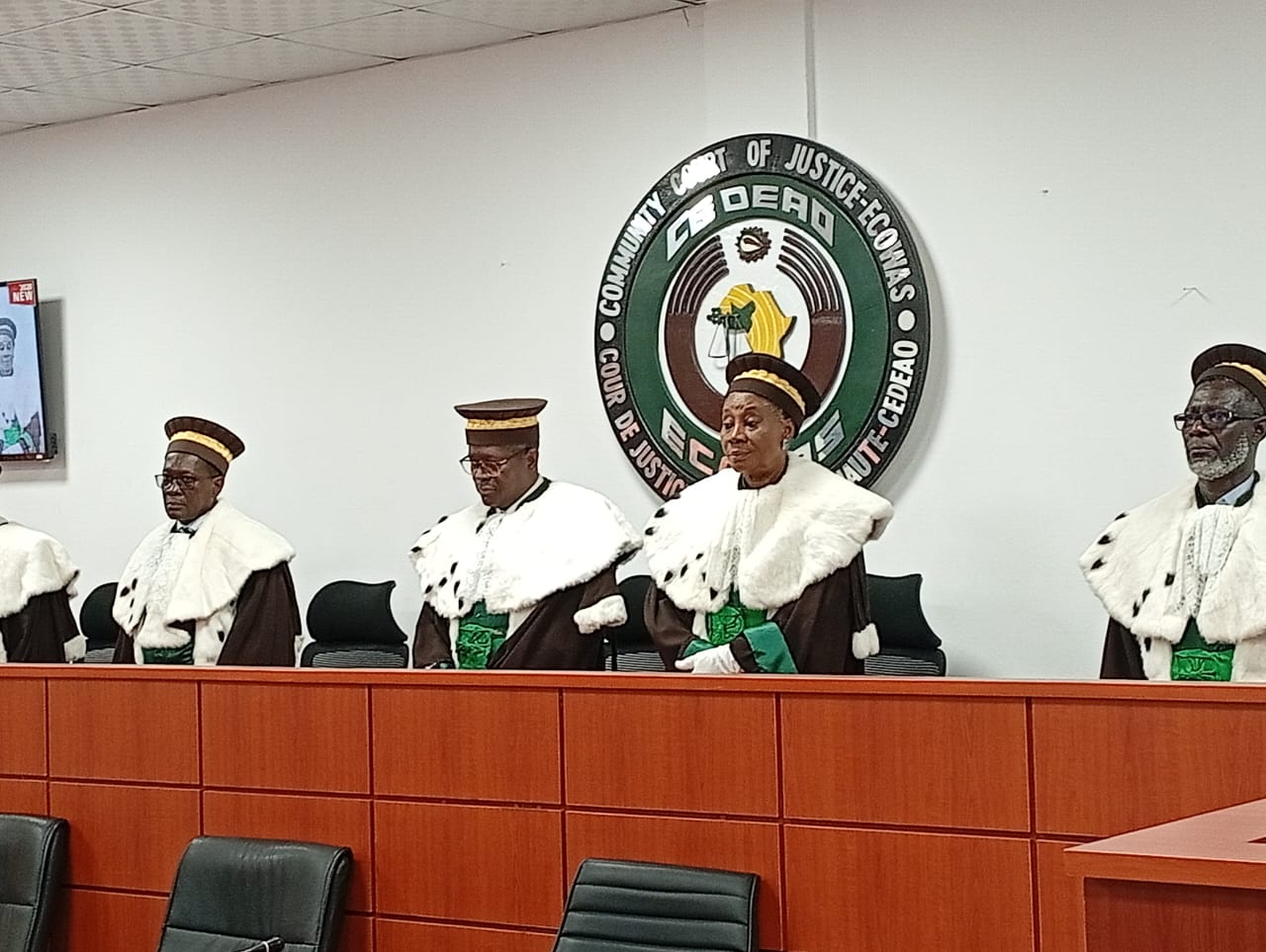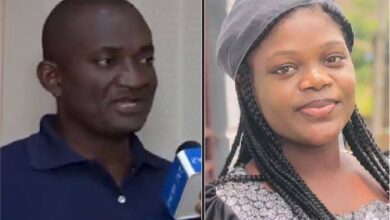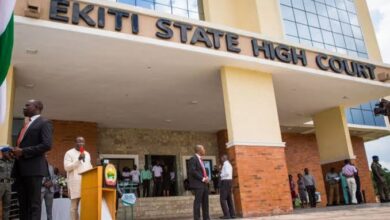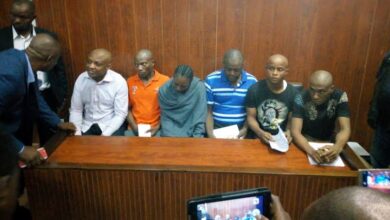
The Community Court of Justice of ECOWAS has dismissed an application filed by a Liberian-born Community citizen, Mr. Abrahim Sheriff, alleging enforced disappearance and multiple human rights violations by the Republics of Liberia and Guinea.
In its ruling delivered on July 8, 2025, the Court declared the suit inadmissible, citing a lack of legal standing on the part of the Applicant.
Mr. Sheriff had alleged that both countries were complicit in his unlawful arrest, detention, and eventual enforced disappearance under inhumane conditions.
He claimed that he was falsely accused of involvement in armed insurrection, mercenary activities, and criminal conspiracy, and that he was subjected to torture, discriminatory treatment, arbitrary detention, and the seizure of $177,800.
The Republic of Liberia, in its defence, stated that Mr. Sheriff was lawfully transferred to Guinea, his country of nationality and domicile, after being released and that the transfer was publicly acknowledged during *habeas corpus* proceedings.
Also Read: ECOWAS Moot Court Competition Concludes, Paving Way for Regional Legal Excellence
It argued that there was no concealment of his whereabouts to support a claim of enforced disappearance.
The Republic of Guinea, on its part, denied all allegations and argued that any violations alleged by the Applicant occurred exclusively in Liberia.
Guinea further contended that there was no evidence that Mr. Sheriff was ever in its custody and challenged both the admissibility of the case and the jurisdiction of the Court.
The Court, while affirming its jurisdiction to hear human rights cases under Article 9(4) of the Court’s Protocol, dismissed Guinea’s objection on jurisdiction.
However, it ruled that Mr. Sheriff could not validly bring a case of enforced disappearance in his personal capacity, given that such claims typically require action to be initiated by someone other than the alleged disappeared person.
Consequently, the Court declared the application inadmissible and ordered all parties to bear their own costs.
The judgment was delivered by a panel comprising Hon. Justice Sengu Mohamed Koroma (Presiding and Judge Rapporteur), Hon. Justice Gberi-Bè Ouattara, and Hon. Justice Edward Amoako Asante.







